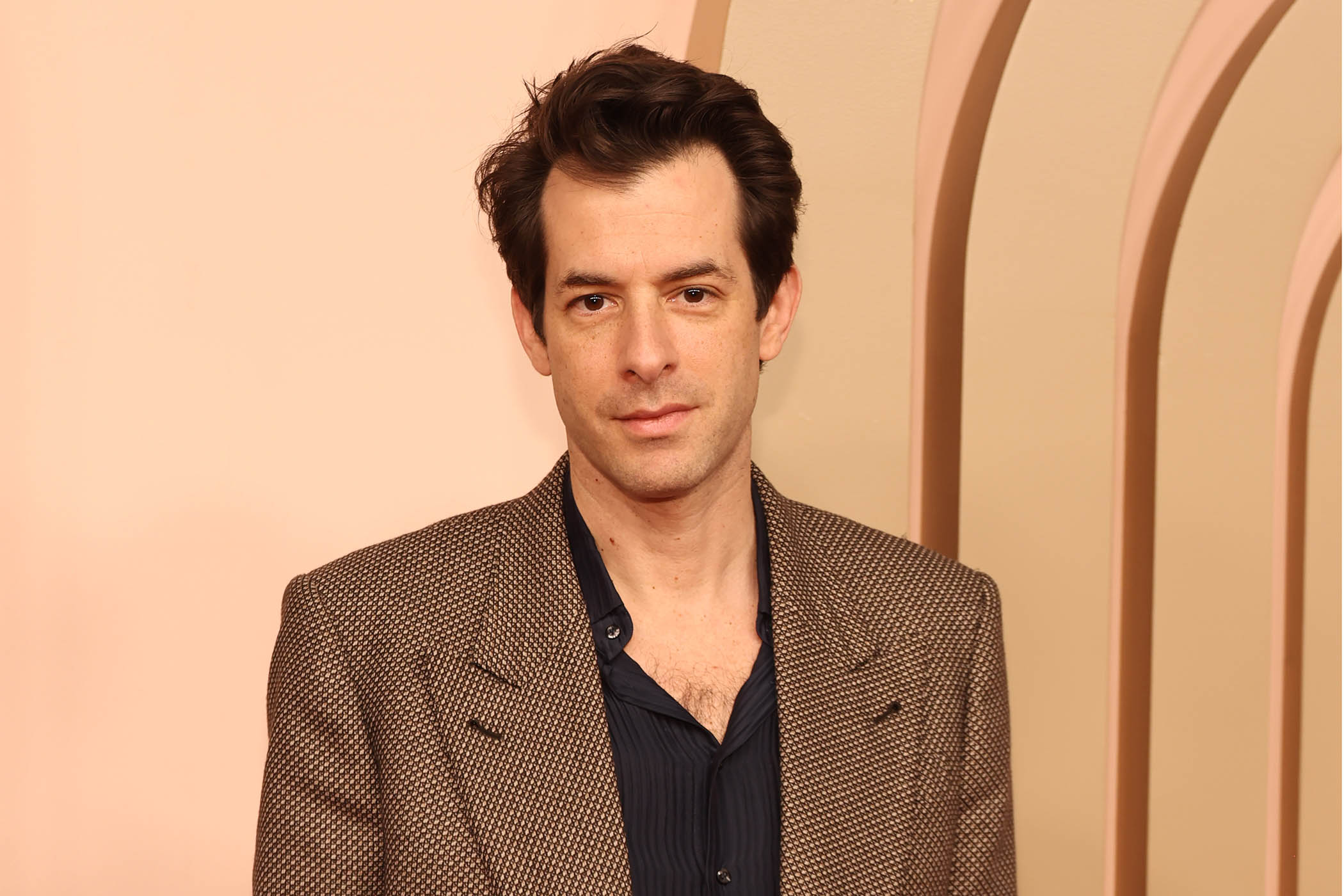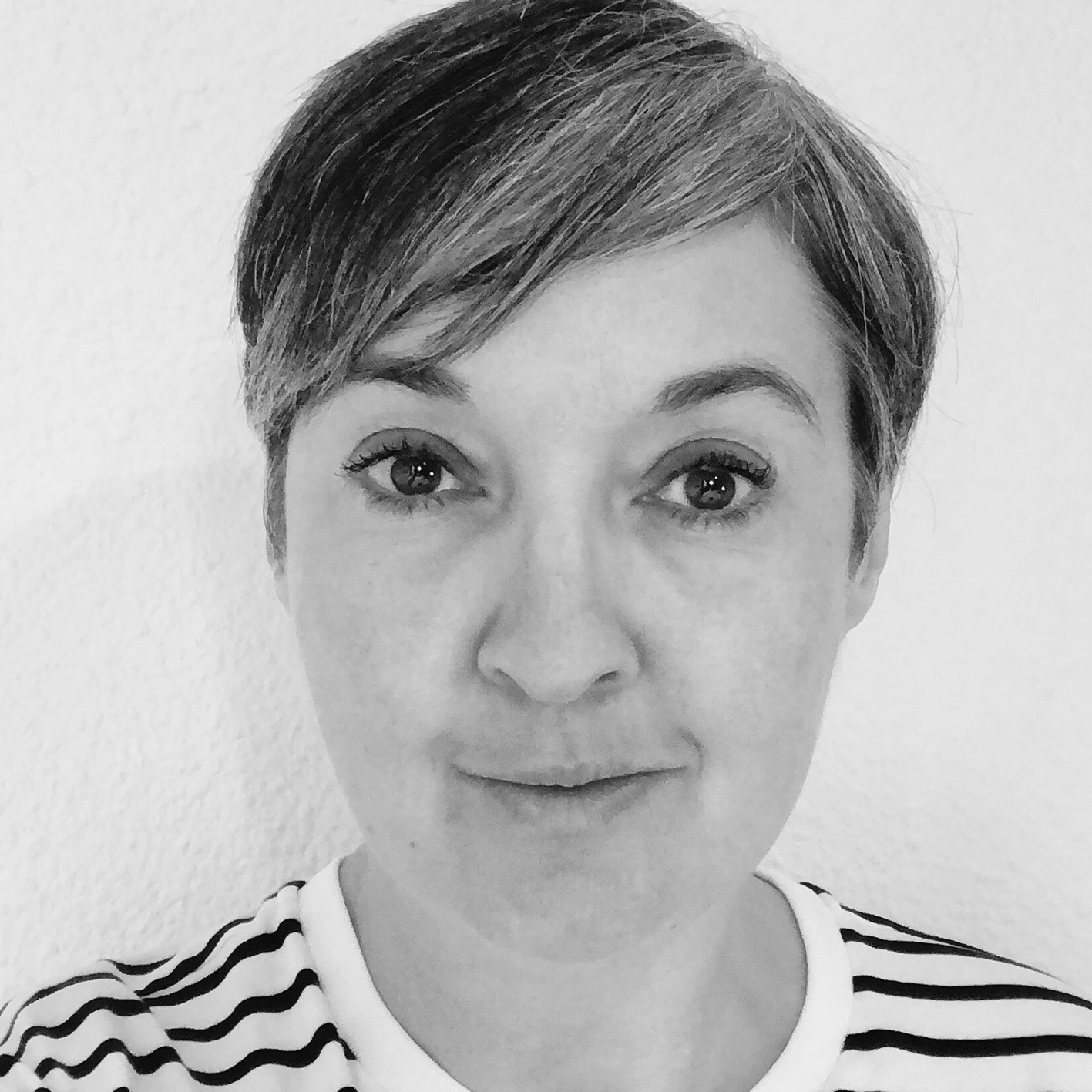A multiple award-winning record producer, songwriter and DJ, Mark Ronson, 50, moved from London’s Notting Hill to New York’s Central Park West at the age of eight, after his parents’ divorce. He grew up around musicians and became a DJ in his late teens. His new book, Night People, chronicles this time, after which he found fame co-producing Amy Winehouse’s Back to Black, co-writing global hits such as Uptown Funk and becoming musical director of Greta Gerwig’s billion-dollar Barbie movie. He lives in New York with his wife, actress Grace Gummer, and their two daughters.
Night People is a romp through your roots as a DJ. Why did you pick that title?
The book actually began being called ’93 ’til Infinity, which is a beloved track of mine by [US hip hop group] Souls of Mischief. But as I wrote the book, it became more personal and psychological, about compulsion. I mean, there are people who enjoy a night out, and then there are night people; and I lived for the night.
Why?
It’s not that I was like a vampire, in my coffin until 6pm, but daytime felt like an opening act. I needed the mask the night gave me. It gave me a bit more bravado. I also did drugs and got fucked up; people like me were doing stuff to escape things that were a little too harsh about their lives in the cold light of day.
You lived in privilege [Ronson’s socialite mother married Foreigner’s guitarist, Mick Jones, and they were renowned for hosting celebrity-filled parties]. Were you trying to escape the expectations of your social circle?
My anxiety came from other things, from the turbulent, often volatile situations going on between my parents when I was young. I don’t think they came from the expectations of living in a rock star household, but I was aware that it was absolutely bananas. When I hung out with Sean Lennon as a kid, or Michael Jackson came round our house, I didn’t say anything about it the next day in school.
Why not?
It just sounded ridiculous! I’d come over from London to New York, speaking in a funny accent, being teased mercilessly. I just wanted to fit in.
You write about how your love of music grew and DJing gave you an outlet. How was the clubbing scene different in the 1990s?
Back then, people were more present. I really don’t want to sound all, “Oh, it was better in my day,” and I’m just as guilty of being in the club, getting bored for a second, and checking a text. But in the 90s, there was a sense that if you went to the club, you were absolutely there. The way people react to songs has changed.
How?
When a song drops now, for the first 20 seconds, people are going crazy, and then 30 or 40 seconds in, you can lose them. We just have a shorter attention span in society now, and that makes me sad.
You mention getting requests for rubbish songs early in your career, like any provincial DJ would…
Weirdly, that still doesn’t faze me. I mean, I’m not gonna play Macarena, but I’m not above a request! That was my first 10 years. I used to spend four or five days a week gigging wherever-the-fuck basements and shitty discos, inventing my own mixes to kill time. I learned everything back then.
Which songs always rescue a set?
A great hip hop DJ called Kay Slay called this the save-your-ass crate. I’d say the Jackson 5’s I Want You Back, Missy Elliott’s Work It, Punjabi MC with Jay Z [laughs]. I know mine are a little bit older. Recently, perhaps Drake’s Nice for What. But if you’re meandering, probably anything by Abba, and quickly.
Is there anything you wouldn’t play?
I don’t play Kanye any more. When things started happening with him, I was like, oh shit, that’s the lion’s share of my contemporary hip hop set gone, but you have to learn to do it. There’s also this DJ, Danny Diggs, who, when the first Diddy story broke, removed every single Puffy ad-lib from all Notorious BIG and Lil’ Kim songs so DJs could play them.
You don’t shy away from addressing the P Diddy court case in your book [Diddy was found guilty in July of two counts of transportation for prostitution].
My book was two thirds done when the allegations came out, but it was important for me to address them. I mean, how do you write about New York in the 90s without Puffy? It goes without saying that I didn’t know anything that was going on. It’s shocking and horrifying.
Aside from music, your great love is comedy. Why?
All the musicians or DJs I know have a second love of comedy or basketball, and I was rubbish at basketball. I got into the weird crate-digging nature of it. I remember when everybody in New York discovered the UK version of The Office in the early 2000s, when you had to buy it on a bootleg VHS at this tiny shop in New York where they also sold The Fast Show and early Ali G stuff. It had the same feeling as finding a rare record.
You write about always having ‘sonic fragments’ in your head. What are your earworms today?
They’re all from my daughter, Ruthie. Hey Jude, any version of Hard Knock Life, Chappell Roan’s Pink Pony Club, which is so amazing in its simplicity. I keep hearing all the ways I probably would have ruined it by putting a cool extra sound in there.
What’s it like being Meryl Streep’s son-in-law [Gummer is the actor’s oldest daughter]?
It’s great, and she clearly did something great, because my wife is the most grounding person that has ever come into my life.
Has parenthood changed you?
It’s changed me completely. No matter what now, I’m leaving the studio at 5.30pm to go do bath time and bedtime. I’m just so happy to be home and be with them.
Night People by Mark Ronson is published by Century on 16 September
Newsletters
Choose the newsletters you want to receive
View more
For information about how The Observer protects your data, read our Privacy Policy
Photograph by Wireimage

